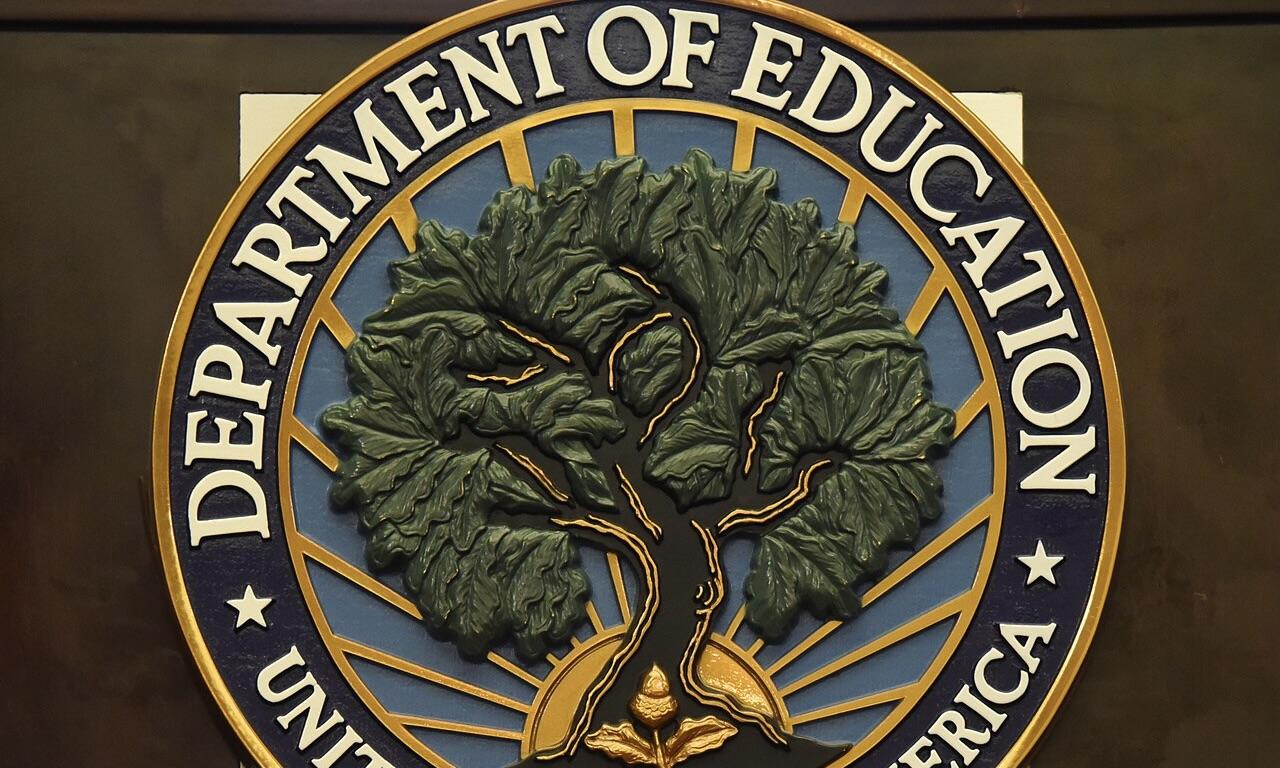The U.S. Department of Education is facing backlash following revelations that it allocated $1 billion to promote diversity, equity, and inclusivity (DEI) initiatives in American schools. According to a report from the Office of the Inspector General, the hefty investment was part of an effort to improve cultural competency and equal access to educational resources. Critics, however, have questioned the effectiveness and transparency of such spending, sparking a heated national debate.
The spending comes amid a polarized climate where DEI programs are both lauded for fostering inclusivity and criticized as unnecessary expenditures. While supporters highlight the importance of these initiatives in addressing systemic inequalities, opponents argue the funds could be better used to address more immediate educational needs, such as improving literacy rates or teacher salaries.
DEI Spending: A Controversial Allocation
The Department of Education’s $1 billion DEI initiative, reportedly disbursed over three years, funded workshops, training sessions, and curriculum development aimed at promoting cultural awareness and combating discrimination. These efforts included resources for teachers to address implicit biases and materials designed to help students understand diverse perspectives.
Supporters claim the investment addresses disparities that have historically hindered marginalized groups. “This funding ensures that every student has a chance to succeed, regardless of their background,” said an education policy expert.
However, critics remain unconvinced. They contend that the funds were misallocated and question the measurable impact of such programs. Some suggest the money should have gone toward improving infrastructure in underfunded schools or increasing access to technology for students in low-income areas.
Public Reactions Highlight a Divided Nation
Social media platforms have been flooded with opinions on the report, reflecting the deep divide over DEI spending in education. While some users praised the initiative as a step toward equity, others expressed outrage at what they perceived as wasteful use of taxpayer money.
- @EduWatchdog2024: “$1 billion could’ve been used to hire more teachers or provide laptops for underprivileged students. What a waste!”
- @DiversityMatters: “People complaining about DEI funding clearly don’t understand how systemic racism affects our education system. This is necessary!”
- @TaxpayerVoice: “Our tax dollars at work—funding woke agendas instead of fixing broken schools. Where’s the accountability?”
- @FutureReadyKids: “Diversity and inclusion are vital in preparing our kids for a global economy. Critics need to educate themselves!”
- @ReformNow2024: “DEI spending is a smokescreen. Real equity comes from better schools, not workshops.”
- @ParentPerspective: “As a parent, I’m all for inclusivity, but not at the cost of basic education quality.”
What’s Next for DEI Initiatives?
The controversy has ignited broader discussions about education spending priorities. While the Department of Education defends its investment in DEI, lawmakers are calling for greater oversight of how federal funds are allocated and measured. Critics argue that unless these programs demonstrate clear, tangible benefits, their continuation will remain a contentious issue.
As debates around DEI initiatives intensify, the Department of Education faces mounting pressure to provide transparency and justify its spending. For now, the $1 billion allocation serves as a flashpoint in the ongoing struggle over the future of American education.



 Federal Judge Blocks Trump Administration’s $600 Million Public Health Funding Cuts to Democratic-Led States
Federal Judge Blocks Trump Administration’s $600 Million Public Health Funding Cuts to Democratic-Led States  Peter Mandelson Arrested in London Amid Jeffrey Epstein Ties Investigation
Peter Mandelson Arrested in London Amid Jeffrey Epstein Ties Investigation  Federal Judge Blocks Virginia Social Media Age Verification Law Over First Amendment Concerns
Federal Judge Blocks Virginia Social Media Age Verification Law Over First Amendment Concerns  Top Democrat Accuses DOJ of Withholding FBI Records in Trump-Epstein Investigation
Top Democrat Accuses DOJ of Withholding FBI Records in Trump-Epstein Investigation  U.S. Deploys Tomahawks, B-2 Bombers, F-35 Jets and AI Tools in Operation Epic Fury Against Iran
U.S. Deploys Tomahawks, B-2 Bombers, F-35 Jets and AI Tools in Operation Epic Fury Against Iran  Trump Warns Iran as Gulf Conflict Disrupts Oil Markets and Global Trade
Trump Warns Iran as Gulf Conflict Disrupts Oil Markets and Global Trade  Texas Attorney General Ken Paxton Sues Sanofi Over Alleged Healthcare Bribery Scheme
Texas Attorney General Ken Paxton Sues Sanofi Over Alleged Healthcare Bribery Scheme  Supreme Court Reviews Trump Administration Policies on Tariffs, Immigration, and Federal Power
Supreme Court Reviews Trump Administration Policies on Tariffs, Immigration, and Federal Power  Trump Launches Operation Epic Fury: U.S. Strikes on Iran Mark High-Risk Shift in Middle East
Trump Launches Operation Epic Fury: U.S. Strikes on Iran Mark High-Risk Shift in Middle East  USTR Launches New Section 301 Trade Investigations After Supreme Court Tariff Ruling
USTR Launches New Section 301 Trade Investigations After Supreme Court Tariff Ruling  Israel Declares State of Emergency as Iran Launches Missile Attacks
Israel Declares State of Emergency as Iran Launches Missile Attacks  Trump Announces U.S. Strikes on Iran Navy as Conflict Escalates
Trump Announces U.S. Strikes on Iran Navy as Conflict Escalates  More U.S. Investors Join Arbitration Against South Korea Over Coupang Dispute
More U.S. Investors Join Arbitration Against South Korea Over Coupang Dispute  Pentagon to Halt Ivy League Programs for U.S. Military Officers Starting 2026
Pentagon to Halt Ivy League Programs for U.S. Military Officers Starting 2026  Santos Wins Court Case Over Net Zero and Sustainability Claims
Santos Wins Court Case Over Net Zero and Sustainability Claims  Middle East Conflict Escalates After Khamenei’s Death as U.S., Israel and Iran Exchange Strikes
Middle East Conflict Escalates After Khamenei’s Death as U.S., Israel and Iran Exchange Strikes  JPMorgan Closes Trump Accounts as $5 Billion Lawsuit Moves to New York
JPMorgan Closes Trump Accounts as $5 Billion Lawsuit Moves to New York 































